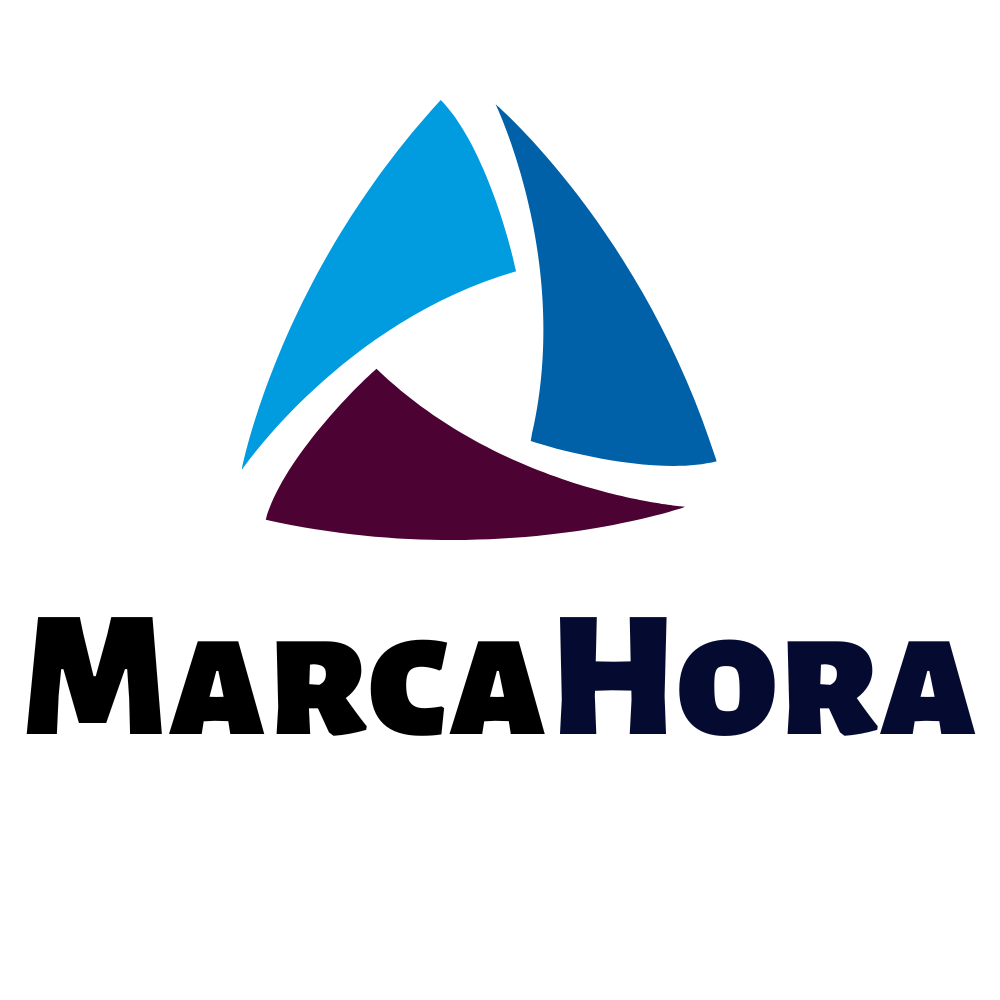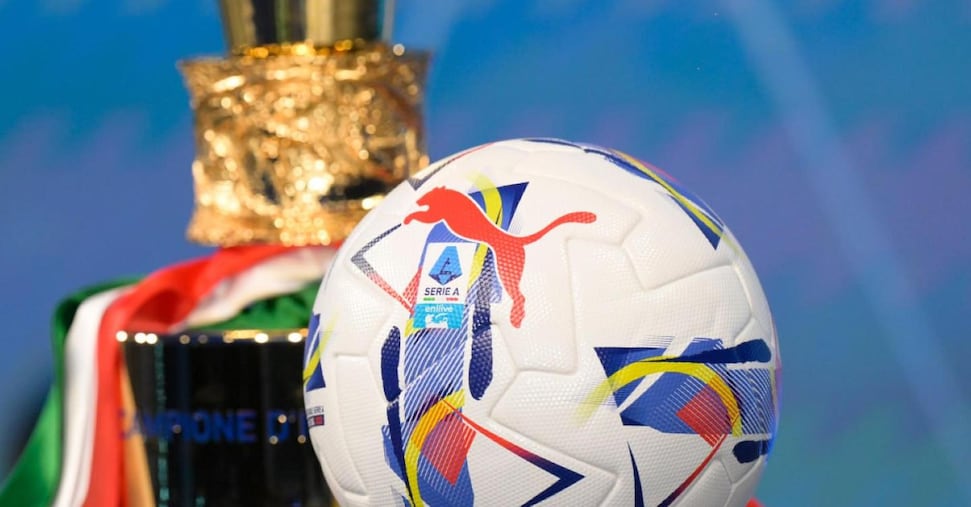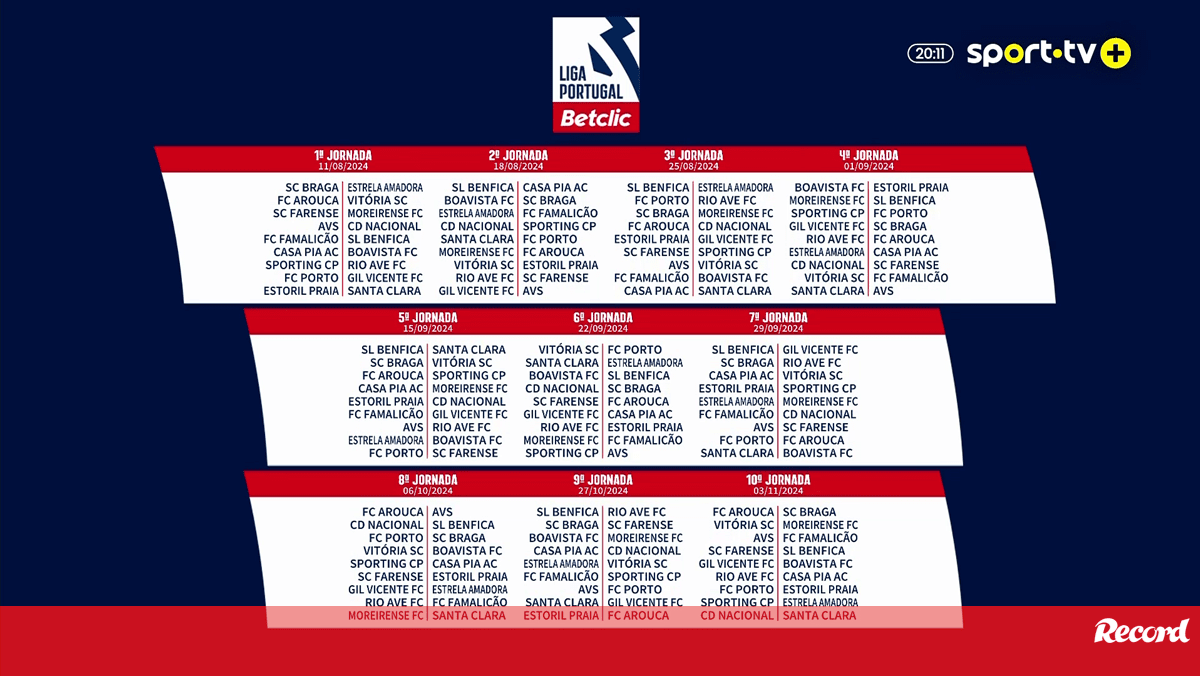How the NFL is helping the Bundesliga find its place in global sport – The Athletic

On Sunday, at Frankfurt’s Deutsche Bank Park, the Kansas City Chiefs faced the Miami Dolphins in front of 50,000 fans who gorged themselves on sport, entertainment and Americana. The NFL brand of football is loud, brash, barbaric and brutal. Throughout the Chiefs’ 21-14 win, every pause between the action was stuffed with as much noise, entertainment and advertising as those gaps could hold.
This was the NFL’s second game in Germany. The first took place in Munich a year ago this week. Another will follow in Frankfurt this coming Sunday, again accompanied by the marketing storm that allows the NFL to explode into these new territories.
German football wants to follow that example.
The need to compete with the money-magnet Premier League demands that the Bundesliga push beyond its domestic borders. Strange bedfellows though the two leagues make, the NFL is part of its strategy for doing so.
Co-operation between the NFL and the Deutsche Fussball Liga (DFL), which operates the two divisions of the Bundesliga, dates to 2020, when the German competition became the first major league to resume play during the pandemic. The NFL consulted the DFL before its own return later that summer and the partnership has deepened since, culminating in a memorandum of understanding that was signed in 2022.
For the NFL, the DFL is a source of local knowledge and commercial know-how around its international series games, which also take place in London and Mexico City, with further global expansion on the horizon.
Frankfurt has a history in American football going back to the now-defunct World League in the early 1990s and Deutsche Bank Park’s facilities and giant, pendulum scoreboard suspended above the pitch were compelling aspects of its tender to host. It is no coincidence, though, that the DFL’s headquarters are in the city, nor that the NFL has this year landed in Germany’s business capital.
German football has legislative and ideological constraints that impact its side of the agreement. The staging of Bundesliga games outside Germany is impossible; it cannot hold its own international series. If the DFL was to even publicly muse on the possibility of exporting a game, it is hard to understate how much anger it would provoke.
A Kansas City Chiefs fan at the Deutsche Bank Park (Alex Grimm via Getty Images)
The consequences would be real, too.
The 50+1 rule, which mandates that 50 per cent of clubs’ shares plus 1 must remain in the hands of members, enshrines supporters as stakeholders, meaning they have agency. Officials who are out of step with their club’s fans can be removed. In the Premier League, discontent is generally met with an ‘And what?’ indifference. In Germany, there is not an executive anywhere foolish enough to believe they could survive staging a Bundesliga game in Shanghai, Dubai or Dallas.
The DFL understands that. Christian Seifert, the body’s then-chief executive, promised in 2020 that games overseas would “never, ever” happen. Peer Naubert is Bundesliga International’s chief marketing officer and he says nothing has really changed since.
“The Bundesliga and Bundesliga 2 games and matchdays are so deeply rooted into our societies, that it would be very hard — and harsh — to take any of them out into different markets,” Naubert told The Athletic. “There have always been discussions about the Supercup and that might be something where this ‘never, ever’ doesn’t count as much.
“But nothing is on the table. Nothing is being discussed,” Naubert is quick to clarify.
The DFL-Supercup, the early-season equivalent of England’s Community Shield, contested each summer between the league champions and the winners of the DFB-Pokal, Germany’s FA Cup, is an area of sensitivity. To some fans, it is the first domino; allowing it to topple would create a momentum that cannot be stopped, so this has become another point of conflict — another line that must not be crossed.
From the perspective of the league’s development, it is another complication.
The Bundesliga is not a league of stars. Its clubs cannot push famous players out onto a stage in a different country and expect them to be showered in commercial revenue. Combined with that inability to host games outside Germany, it leaves them chasing innovative solutions, and doing so with little margin for error.
There will be no NFL game in Dortmund, Carsten Cramer is certain of that.
Borussia Dortmund’s offices are in the shadow of their Signal Iduna Park home. On the Saturday before his club faced Bayern Munich recently, with rain lashing the windows and pooling in the streets below, Cramer, Dortmund’s co-managing director, explained that even if their stadium could accommodate American football (the playing surfaces are 120 yards — 109m — long, including the end zones), it never would.
“I have my doubts that an NFL team would benefit from a club like Dortmund, or that Dortmund would receive a benefit from an NFL team. American football has no real connection to a city like this, it wouldn’t make sense. That doesn’t mean I’m criticising what Bayern and Frankfurt are doing, because they’re positioning themselves in a different way. But I’m happy that other clubs are hosting games, because sometimes we have to act like a Bundesliga.”
Recent attempts to act like a Bundesliga have not gone well.
Last season, soundtracked by supporter opposition on terraces up and down the country, the top 36 clubs in Germany voted to prevent a deal that would have seen 12.5 per cent of the Bundesliga’s media rights sold to private equity firms in return for €2billion (£1.74bn; $2.13bn) — 40 per cent of which would have been used to fund international development and digital content creation, with the remaining 60 per cent to subsidise infrastructural improvements at the individual clubs.
Cramer and Dortmund were in support. They were part of a group that saw the investment as a way of allowing clubs to stage more tours and training camps overseas. But those not in favour (11 clubs voted against, five abstained — the proposal needed a two-thirds majority) opposed the inequalities of the distribution method and the creep of marketing influence. In short: the fall of another domino.
The plan is expected to reappear in some form eventually and suspicion hangs in the air; the act of staging a vote was antagonistic enough and the atmosphere remains acrid.
During Dortmund’s game against Bayern last weekend, a banner appeared at the base of the Gelbe Wand, the Signal Iduna Park’s south stand, reading: “DFL & Investoren: Wir haben euch im blick!” (DFL and Investors: We have our eye on you!)

(Dan Wighton/@DanielWighton)
It’s not an empty threat.
Ideological substance matters to many fans as much as success.
For instance, while Bayern are on a record run of 11 straight titles, a period that also covers two Champions League wins, their success was of little mitigation to members who opposed the club’s commercial partnership with Qatar Airways because of the Gulf country’s human rights record.
And in November 2021, when an open debate was refused at the annual AGM, the meeting descended into open rebellion, with members heckling club president Herbert Hainer and Bayern’s chief executive at the time, Oliver Kahn.
“We are Bayern! You are not!” they chanted.
Like any federal country, Germany is full of contrasts. Its football teams, in the energy and activism on the terraces at least, often reflect those differences.
Cramer talks of his club as a product of their Ruhr region and as being representative of Germany’s tough, industrial west. What matters, he says, are the people inside the stadium on matchday and the city they live in. He stresses those points, believing they are what make the Westfalenstadion special. But how can those virtues be exported without betraying the club’s values or angering members, and without relying on the kind of star power Dortmund can no longer afford?
“When we’re in a foreign market, whether it’s the U.S. or Asia, we try to make this club touchable,” Cramer says. “That means avoiding private aviation terminals where we can, opening the doors to public training sessions, and being on the pitch after games to create a touchpoint with people.
“This club is interested in people. These are not just business trips. The aim should not be to just get a big cheque for the game and disappear to the next city.”
In the 15 years since 2008, Dortmund’s annual commercial revenue has grown from €39million to €174m in 2022. By total revenue, they are the 13th-largest club in Europe, according to the most recent Deloitte Money League. They are doing more than shaking hands. Nevertheless, their size and relative wealth are not representative of the Bundesliga as a whole and, in relative terms, they are still obliged to soft-sell.
The NFL provides the context for that difference; that is one of the compelling aspects of this partnership. The Chiefs against the Dolphins on Sunday was an orgy of QR codes, merchandise and preferred partners. During timeouts, a snack partner shot bags of tortilla chips into the crowd from an air cannon and there was rarely a moment when fans were not competing to appear on the big screen or being urged to ‘Make Some Noise’.
It is great fun. Seductive, even. The NFL wants you to like it so much that, over a game’s three hours, it becomes difficult to resist.
Bundesliga clubs can learn some of these techniques. The shared understanding of regions is invaluable to both parties, and so is the pooling of facilities and the sharing of famous players and broadcasting talent. Those are all tools essential to new market penetration.
As that banner suggests, though, the ultras are always watching and it would be unwise for any commercial director to employ many sledgehammers or fire many air cannons, even thousands of miles away. Taking these clubs to the world will always involve treading very carefully indeed.

(Sebastian Stafford-Bloor/The Athletic)
Because of those narrow parameters, broadcasting innovation has become important to the Bundesliga. And to its future.
German football’s soul resides in its stadiums and cities but, increasingly, its broadcasting technology is allowing more people in.
The Bundesliga’s official app is a more detailed and data-heavy proposition than its Premier League equivalent. What the DFL refers to as ball-level acoustics, a broad network of pitchside microphones that adjust to the locality of the action, is another enhancement.
In the first week of November, the league also unveiled a new hyper-accurate shot speed metric, adding to its battery of publicly available match facts, which are a product of the DFL’s partnership with Amazon Web Sevices (AWS).
Beyond the promotional rhetoric, they do enhance the digital experience.
The Bundesliga and U.S.-based media giant ESPN are four years into a six-year broadcasting agreement that was signed in 2019.
ESPN senior vice-president Tim Bunnell told The Athletic that the exploratory nature is part of what makes the league an attractive partner: “When we look at the Bundesliga, one of the high water marks for us is on the production side. One of the things we love is that they’re not only innovative, but they’re willing to try new things. They have a receptivity to ideas that we don’t always see.”
It is an interesting point. Perhaps it is also an area of overlap with the NFL?
Whereas English football believes it sells itself and therefore does little to sweeten the deal, the Bundesliga has that NFL-ish determination to make people like it. It wants you to know how hard it’s trying and what it is willing to do.
The expectation is that the deal with ESPN will be extended beyond 2025 and one of the cornerstones of any future strategy will be Goal Arena, which launched on the ESPN+ streaming service for this season.
Goal Arena is a simultaneous broadcast of the Bundesliga’s five 3.30pm kick-offs on a Saturday afternoon and, of course, it is not an original idea. The NFL Network’s seven-hour, commercials-free Red Zone product every Sunday is long-established as a market leader and, in Germany, the Bundesliga has had its own version — Konferenz — for many years on television and previously radio.
It is the country’s traditionalism and cultural conservatism working in its favour.
While every Bundesliga matchday has five kick-off times, five fixtures a week are scheduled for that sacrosanct 3.30pm slot. There is no television blackout as in England, meaning Konferenz has become an established part of the sporting weekend. It’s ready-made and authentic, and it’s ready for export.
Bundesliga International’s Naubert hopes Goal Arena will capture the imagination of a younger audience.
“We have turned a perceived disadvantage into an advantage, because we’re able to create a product with so much action,” he says. “We know that young people don’t necessarily concentrate for 90 minutes on one game, and now they have the opportunity to whip around the games and see something different: there’s a goal here, a penalty there, a red card over here.”
Bunching games together does not necessarily create the goal-penalty-red card scenario described, but it helps and, Bunnell says, is proving useful for spreading attention across the league, beyond the most prominent clubs: “In the U.S., a lot of the attention is drawn to Bayern and Dortmund. Goal Arena gives exposure to that next tier of clubs. The audience is also accustomed to instant gratification. There has to be action all the time and that is definitely part of the thinking.”
“Action all the time” is certainly an NFL philosophy. To Europeans watching its games in person for the first time, the lack of sensory relief is staggering, overwhelming even. The entertainment never misses a beat. There is always something to look at, hear, or even scan and buy.
The fallacy is that the NFL suffers from its games being too long and having too many stoppages in play. An alternative perspective is that, by not being as modular, association football does not allow room for heavy doses of entertainment or for the packaging of its product to suit today’s swipe-right culture.
But the Bundesliga can never be like that — the Bundesliga especially can never be like that.

(Sebastian Stafford-Bloor/The Athletic)
The Bundesliga can never be like the Premier League, either.
One of the most striking comparisons is what the respective leagues earn from foreign markets. The Bundesliga’s deal with ESPN is worth €35million each season. The Premier League’s equivalent U.S. contract, signed with NBC in 2021, is worth €382m.
That gap needs closing — and without the help of transcendent stars, sovereign wealth funds and the capacity to move the product properly in front of a new audience.
Any strategy to do so must weave between the non-negotiables of identity, social responsibility and local pride, and navigate a fan scene that, seeing the corrosion of supporter power in so many other countries, has become fiercely and admirably protective of their own.
Are technological developments, tours and cross-sport partnerships promising local knowledge and shared facilities the answer?
It is one of the subtly compelling storylines in all of European football: how do you sell something that is not really for sale?
(Top photo: The Kansas City Chiefs in Frankfurt; Kirill Kudryavtsev/AFP via Getty Images)






